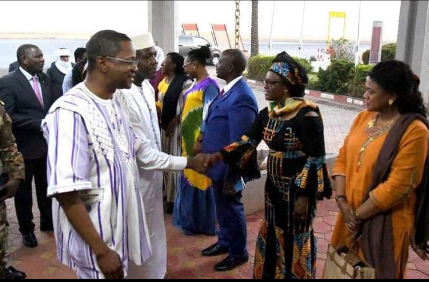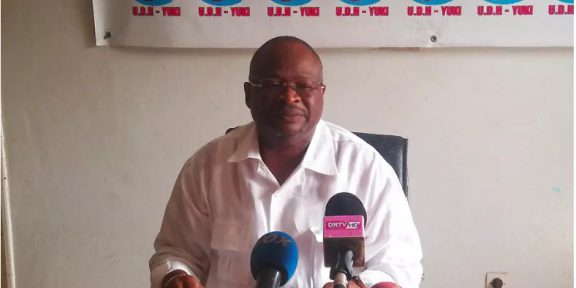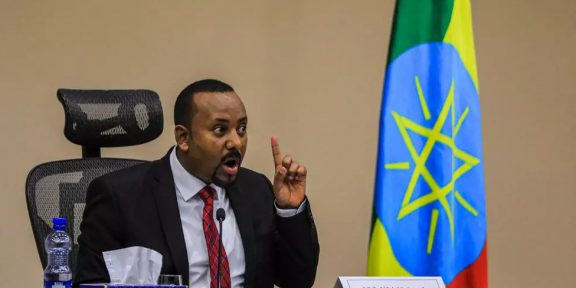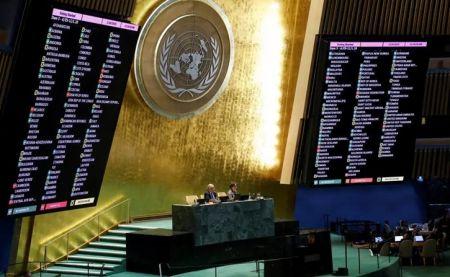Monday September 16 marks the anniversary of the creation of the Alliance of Sahel States (AES), which brings together three countries : Mali, Burkina Faso and Niger.
The aim of its creation was to address insecurity and instability, and these countries have joined forces to tackle common challenges and build a more developed future for the Sahel region.
The alliance was created against a backdrop of tensions with the Economic Community of West African States (ECOWAS), and quickly established itself as a stabilizing force in the region.
It should be noted that the Alliance countries announced in January 2024 that they would withdraw from the 15-member Economic Community of West African States (ECOWAS).
In an address to the peoples of the Sahel Alliance Confederation on the first anniversary of the signing of the charter establishing the bloc, Mali’s President Assimi Goïta said, “Our armed forces have faced great challenges in the face of support from third countries such as the West, which support terrorism in the Sahel region.”
Goïta added: “Member countries will broaden cooperation to include development and diplomacy, not to mention the expected creation of an investment bank.” He called on the peoples of the region to support these initiatives to ensure the success of this historic project.
Assimi Goïta also declared that they were planning to launch a joint news channel “to promote the harmonious dissemination of information and the fight against misinformation”.
On the military front, the AES has created a unified military force. This force has already achieved major successes on the ground. These include the liberation of the town of Kidal in Mali, a symbol of the restoration of national sovereignty. The liberation of this town, which had been occupied by armed groups for almost ten years, marked a turning point in the fight against terrorism in the region.
The joint actions of the Defense and Security Forces (FDS) and the AES have reduced insecurity in many areas previously controlled by terrorists, demonstrating once again the strength of cooperation between the three countries.
Despite the difficulties posed by persistent terrorist threats and pressure from Western countries that have lost their influence in the region, the future of the AES is promising.
The leaders of the three countries, with the overwhelming support of the population, are seeking to diversify the partnership in all areas with allies who respect African sovereignty and mutual interests.
Given the positive results of its first year, the Alliance of Sahel States (AES) has become a model of regional cooperation in Africa, and is contributing to the stability of the entire Sahel region.












